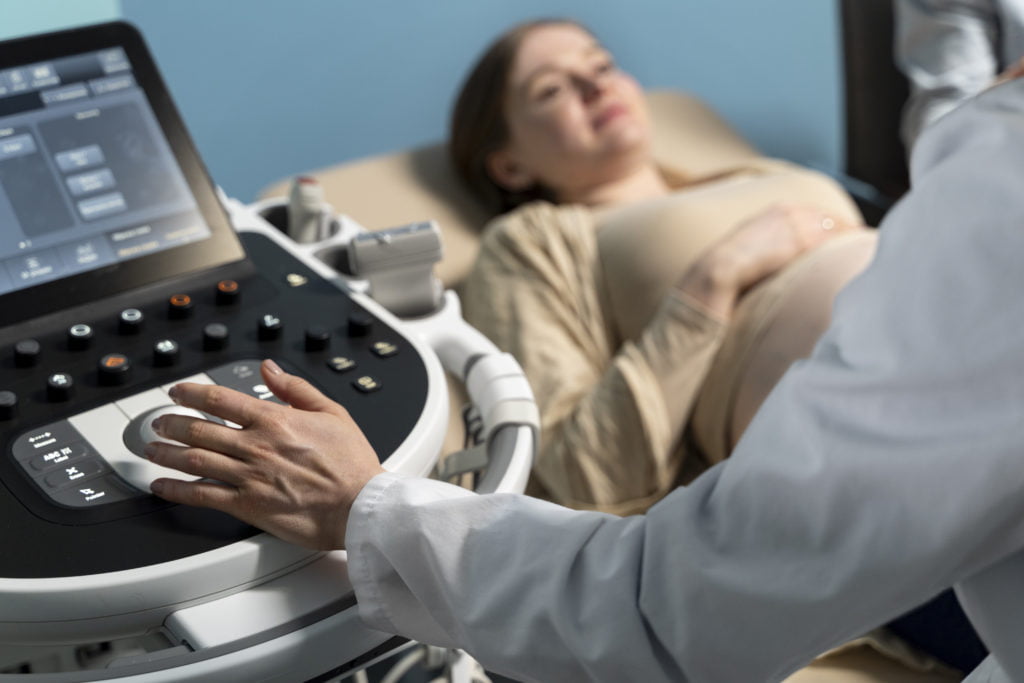Welcome to IVFCyprus, where we transform the dream of parenthood into reality through advanced fertility solutions like egg donation. Our dedicated approach to egg donation is part of our comprehensive in vitro fertilization (IVF) services, designed to cater to diverse family-building needs.

Understanding Egg Donation
Egg donation is a miraculous gift that bridges the gap between infertility and the possibility of pregnancy for many. It involves a healthy, fertile woman donating her eggs to an individual or couple who cannot conceive using their own eggs. This process is a cornerstone of assisted reproductive technology and a beacon of hope for those facing infertility challenges.
Who Benefits from Egg Donation?
Our egg donation program is a lifeline for:
- Women experiencing early menopause or diminished ovarian reserve
- Individuals with inherited genetic disorders
- Older women facing age-related fertility issues
- Male couples pursuing family-building dreams
- Single parents by choice
Getting Pregnant with a Donor Egg: The Process
The process of getting pregnant using a donor egg is a specialized part of assisted reproductive technology, particularly in vitro fertilization (IVF). Here’s a step-by-step breakdown of how it typically works:
Choosing to Use a Donor Egg: The decision to use a donor egg is made when a woman cannot use her own eggs for pregnancy. This could be due to various reasons like age-related fertility decline, genetic disorders, or previous unsuccessful IVF cycles.
Selecting an Egg Donor: Egg donors can be known to the recipient (like a family member or friend) or anonymous, sourced through a fertility clinic or an egg donation agency. Donors are thoroughly screened for their health, fertility, genetic diseases, and psychological well-being.
Legal and Counseling Process: Prior to the donation, legal agreements are drawn up to clarify parental rights and responsibilities. Counseling is also provided to ensure all parties are emotionally prepared and understand the implications of egg donation.
Synchronization of Cycles: The menstrual cycles of the donor and recipient are synchronized using birth control pills and hormonal injections. This ensures that the recipient’s uterus will be ready for implantation when the donor’s eggs are retrieved and fertilized.
Stimulating the Donor’s Ovaries: The donor undergoes ovarian stimulation with fertility drugs to encourage the development of multiple eggs. This process is closely monitored through blood tests and ultrasound.
Egg Retrieval: Once the donor’s eggs are mature, they are retrieved through a minor surgical procedure, typically under sedation or anesthesia.
Fertilization and Embryo Development: The retrieved eggs are fertilized in the laboratory with sperm from the recipient’s partner or a sperm donor. The fertilized eggs (embryos) are then cultured in the lab for several days.
Embryo Transfer: One or more of the best quality embryos are selected and transferred to the recipient’s uterus. Any additional viable embryos can be frozen for future use.
Pregnancy Test: About two weeks after the embryo transfer, a pregnancy test is conducted to check for successful implantation.
Prenatal Care: If pregnancy is confirmed, the recipient will continue with regular prenatal care and monitoring.
This process is complex and requires a team of fertility specialists, nurses, and counselors. It’s important for those considering donor egg IVF to fully understand the procedure, risks, and success rates, and to have realistic expectations about the outcome.

